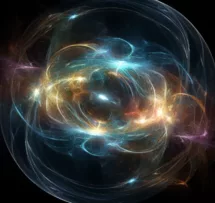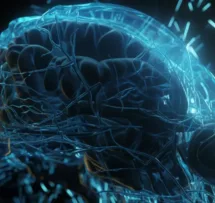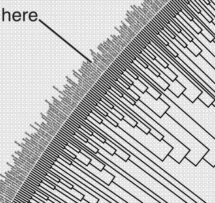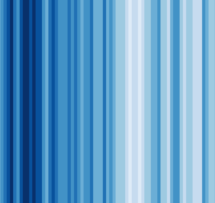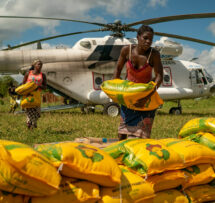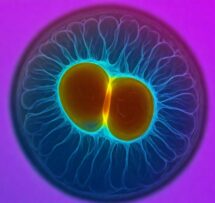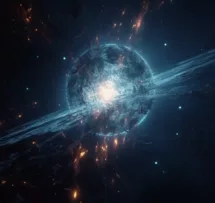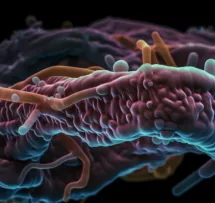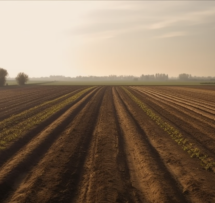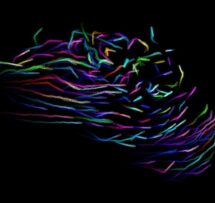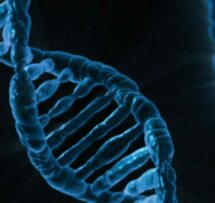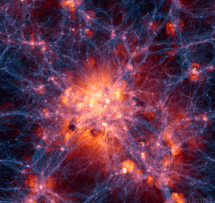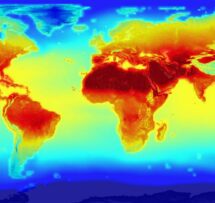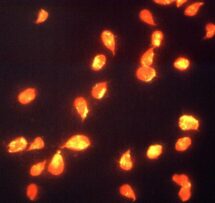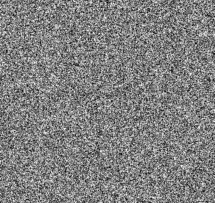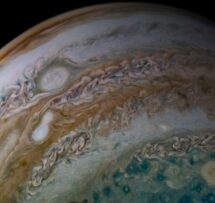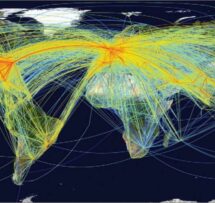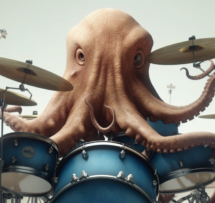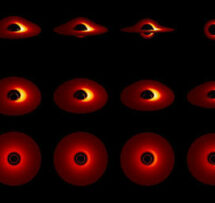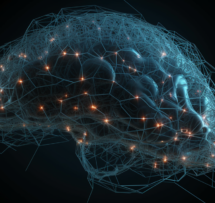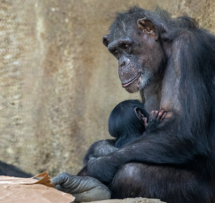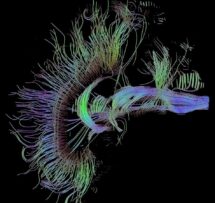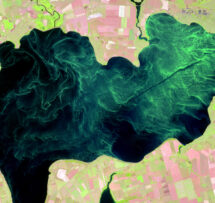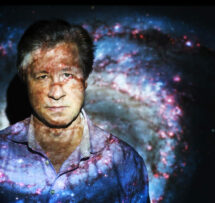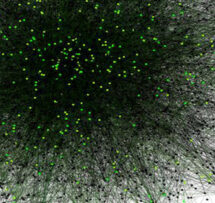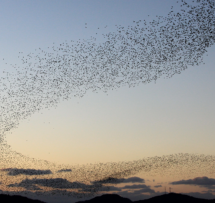The Power of Marine Viruses
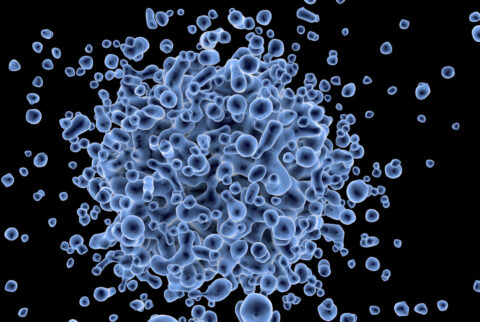
Did you know that a glass of seawater contains 100 million viruses? Who will these viruses infect? Are these tiny parasites alive? Can viruses be infected by viruses? But more importantly, how important are they and what are the ecological consequences for seas and oceans? Now and in the future?
Viruses are the most abundant life form in our oceans and seas. Viruses need a host to multiply and remarkably, many are available in the sea. Apparently simple, the absolute variety in viral shape, size and action make them complex to study. Most interesting, their collective ecological significance goes far beyond their local destructive parasitic action. For one, viruses are drivers of biodiversity; the variety and variability of life on Earth. Moreover, viral action results in the release of new viruses together with the content of the single-celled host, and recycling of this organic material is shown to stimulate the growth of other organisms.
Marine Biologist Corina Brussaard and her team at NIOZ discovered that death due to viral infection is just as important as a predator killing its prey. At the same time, their impact on the flow of energy and matter differs strongly. The effects of viral activity on marine ecosystem functioning is still largely understudied.The devastating effects of global climate change on ocean life make it even more urgent to understand how environmental factors affect virus production. In her talk, Corina will take you along her exploration of the exciting world of marine viral ecology, from our coast to Arctic and Antarctic waters, and will reveal how these tiny entities can have such an impressive influence.
This event is an initiative by the Dutch Institute for Emergent Phenomena (DIEP) with the support of NWA route 2. Science & Cocktails Amsterdam is presented in cooperation with Paradiso.
Talk by
Corina Brussaard
Professor Dr. Corina Brussaard is senior team leader at the NIOZ - Royal Netherlands Institute for Sea Research, and holds a special chair in Viral Ecology at the University of Amsterdam. Her research focusses largely on the ecological impact viruses have on host population dynamics and biogeochemical cycling in the seas and oceans. Brussaard has developed several key methodologies, amongst which rapid detection and enumeration of aquatic viruses. Her research demonstrates quantitative importance of viruses as mortality agents for algae, and contributes crucial understanding of the effects of global climate change on algal host-virus interactions. As such, her work has made key improvements to our understanding of how globally important viruses are as drivers of succession, biodiversity and overall ecosystem productivity. Brussaard is a Fellow of the American Academy of Microbiology, president of the International Society for Viruses of Microorganisms (ISVM), editor of FEMS Microbiology Reviews, editorial board member for the Phycological Society of America (PSA), and member of the advisory committee (round table) of Earth Sciences of NWO Domain Science.






